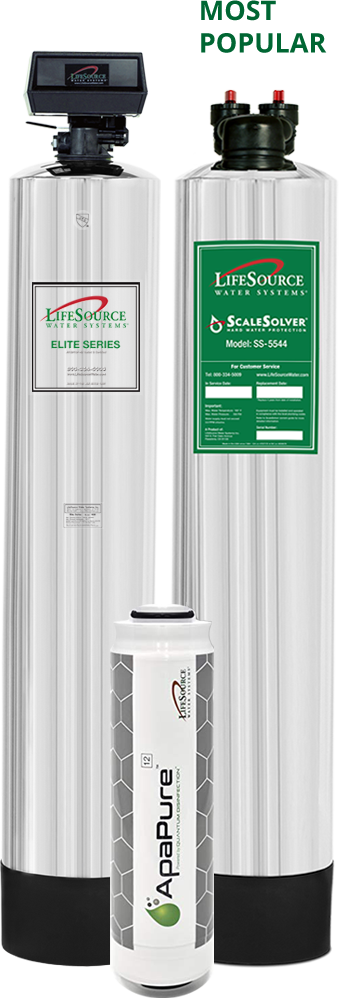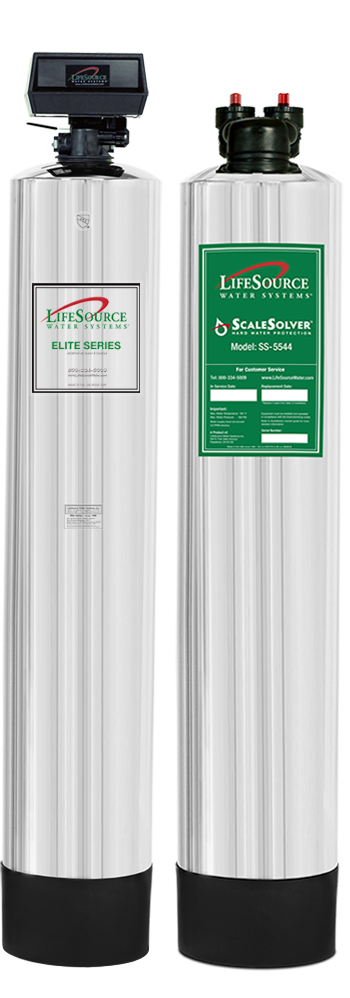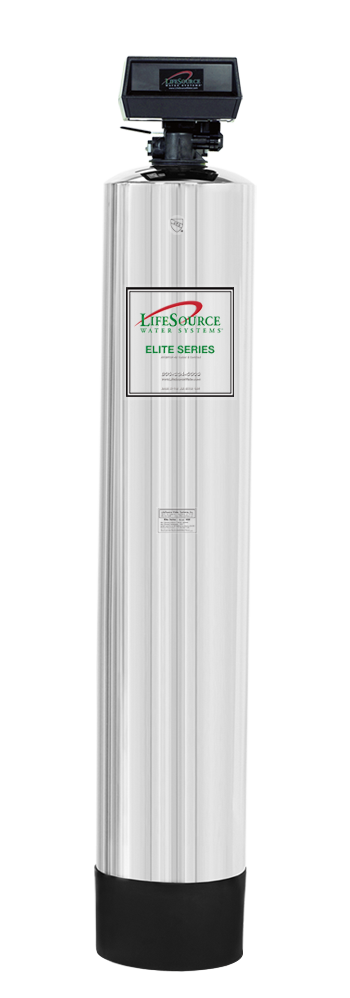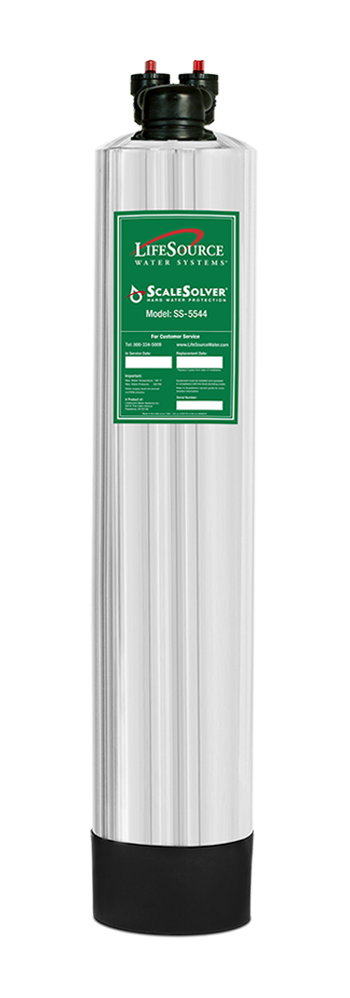Tel: (800) 334-5009
Five Myths of Hard Water
Hard water is a nuisance that many homes encounter. However, hard water is often blamed for issues it doesn't cause. Here are five common myths.
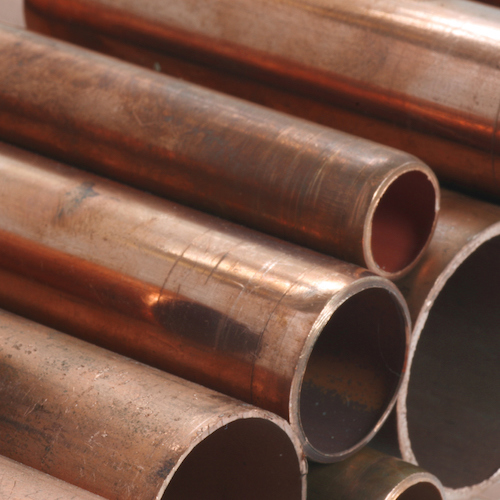
1. Hard Water Clogs Pipes
Fact: Calcium and magnesium do not build up or clog copper pipes.Between the mid-1940s and the late 1970s, most homes were built using steel (galvanized) pipes. Minerals, such as calcium and magnesium will stick to steel pipes. New and re-piped homes built after 1975 have pipes made of copper.
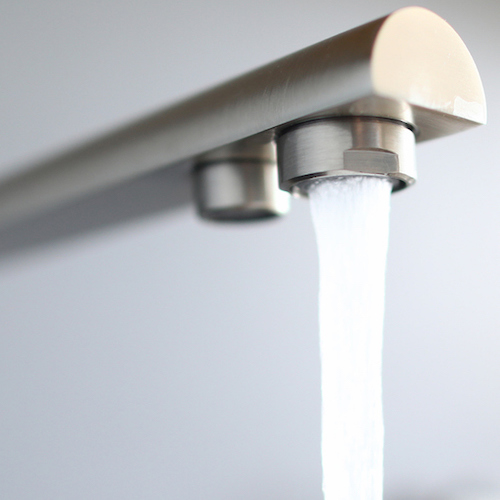
2. Minerals in Water are Contaminants
Fact: Minerals are found naturally in water, and are not contaminants. Minerals are nutrients and beneficial to our health. Scientific findings supported by research at the World Health Organization (www.WHO.int) have shown that drinking water rich with essential minerals, specifically calcium and magnesium, protects good health and leads to lower instances of heart disease and stroke.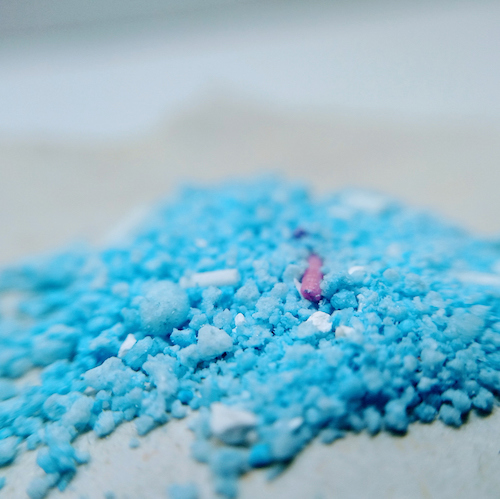
3. Water Softeners Filter Water
Fact: Water softeners do not filter water, they only exchange minerals for sodium.In other words, water softeners convert dirty, chlorinated tap water into dirty, chlorinated, salty water. A reverse osmosis system is still needed to filter your water. Even then, you can enjoy drinking water only at the kitchen tap—not at all taps like a whole house water system. Dirty, chlorinated, salty water will still run throughout the rest of the home.
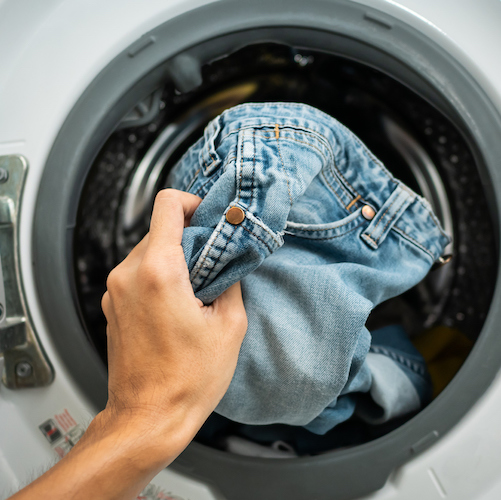
4. Hard Water is Harsh, Fades Clothes and Dries Skin and Hair
FACT: Hard water does not fade colors or dry out skin and hair.Chlorine in tap water is the drying agent that dries out skin and hair and fades clothes in the wash. Water softeners do not remove chlorine or chlorine disinfection byproducts.
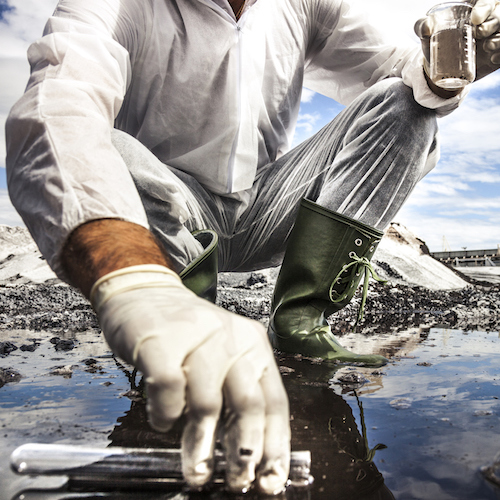
5. Water Softeners are Safe For The Environment
Fact: Water softeners cause considerable damage to the environment.According to Ann Heil, a Supervising Engineer of the Sanitation Districts of Los Angeles County, automatic water softeners waste water and put a salty brine into the waste stream. High salts in the waste stream can harm aquatic life and can damage crops irrigated with downstream waters. There are many simple solutions you can take to fix any mineral spotting - and none of them require a water softener. A teaspoon of Sour Salt will handle mineral residue in the dishwasher. Rain-X or furniture wax will minimize water spots on shower doors. Finally, a water softener alternative that retains healthy minerals still works great for bathing, cooking, cleaning and drinking.

